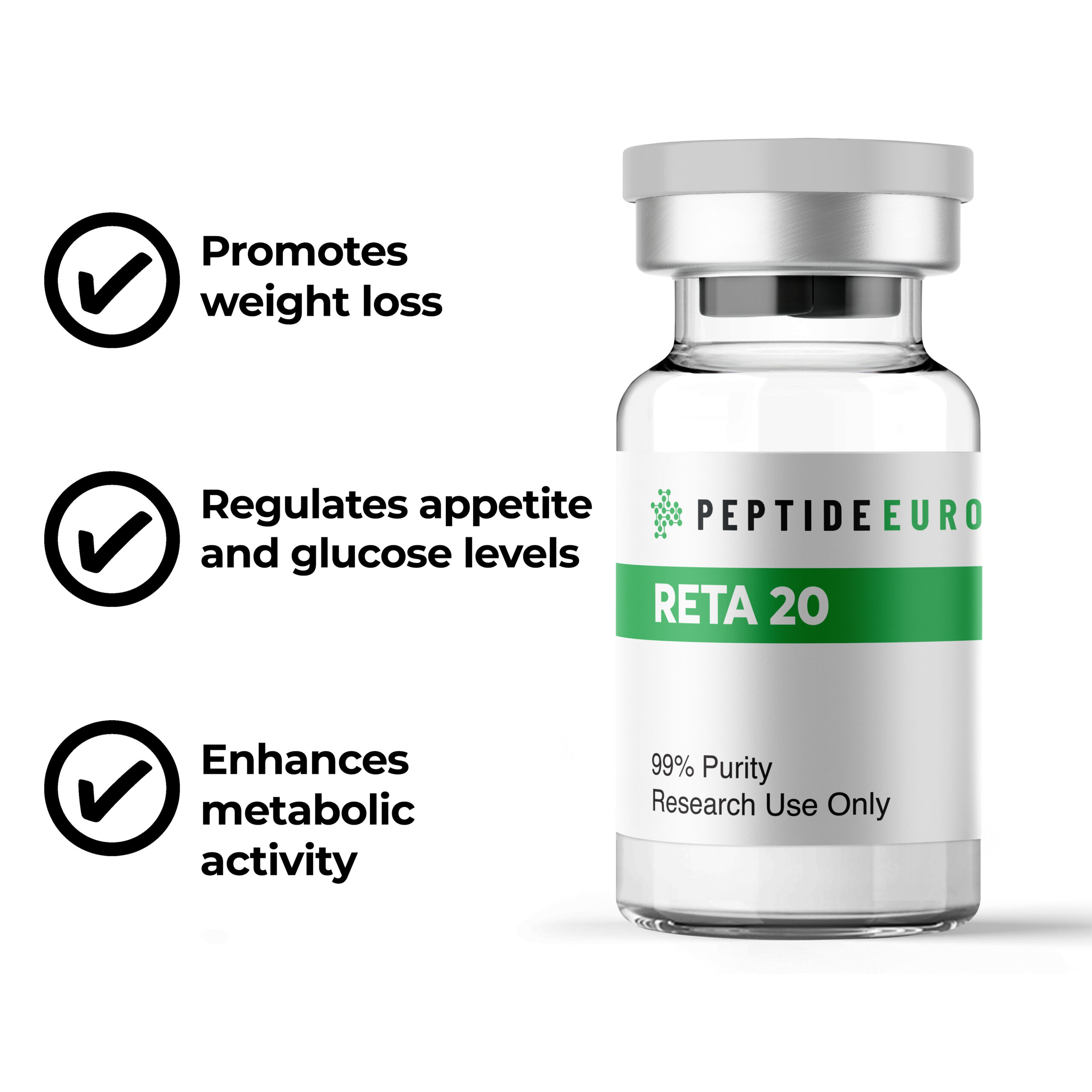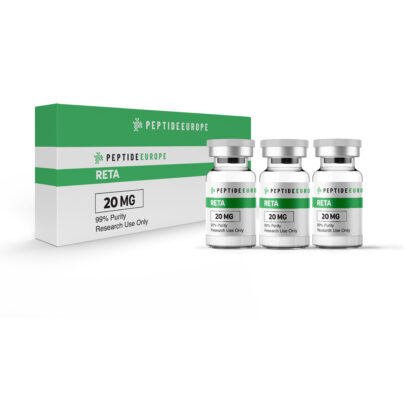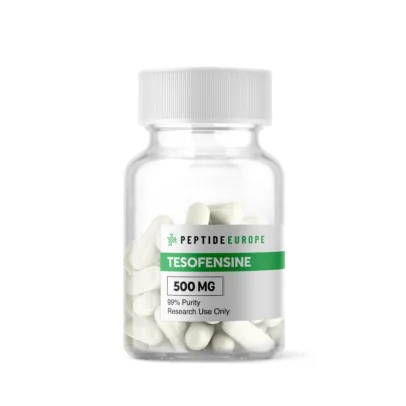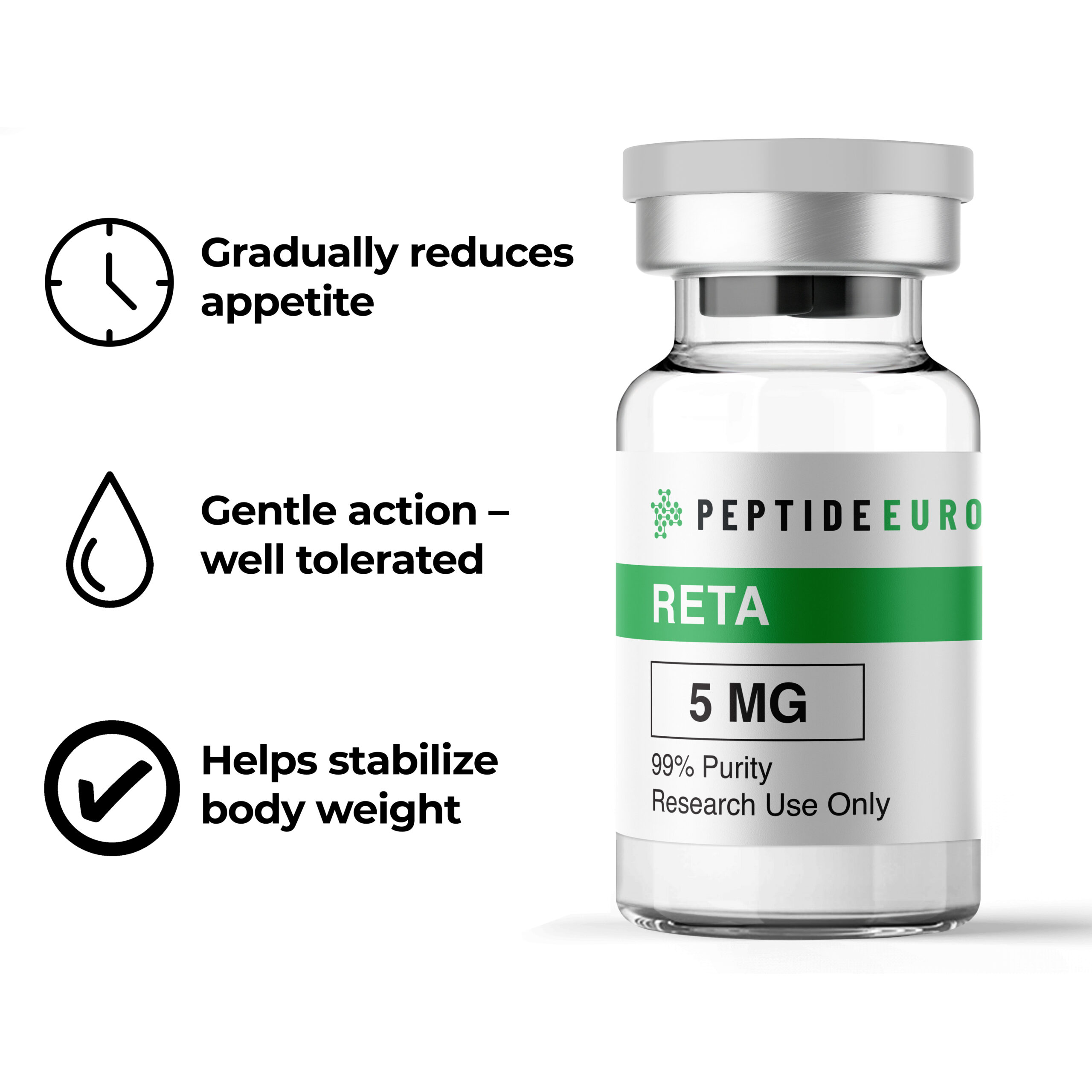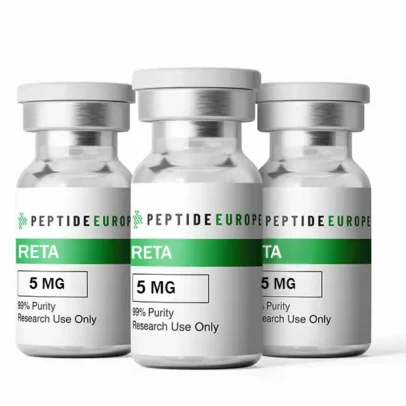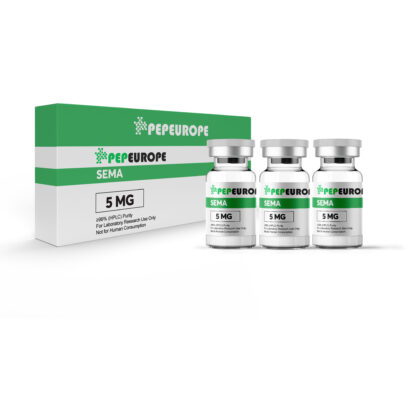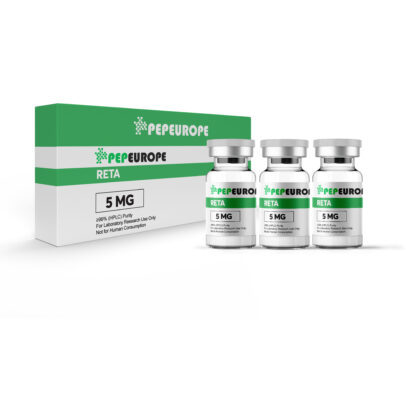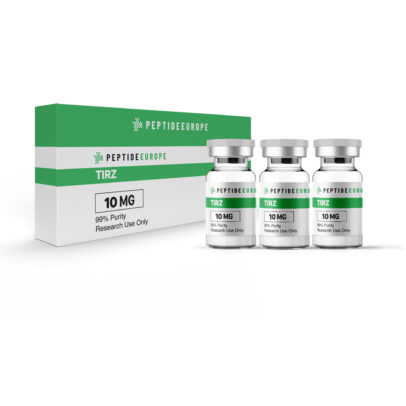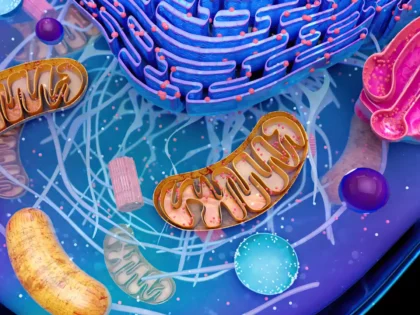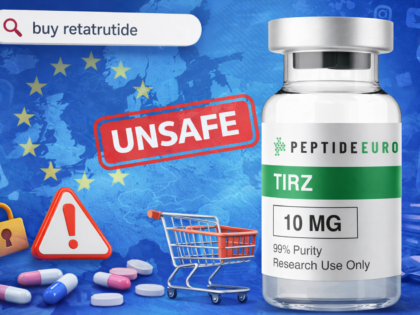Animal Bites: Risks, First Aid, and What You Need to Know
-
PepEurope
- Posted on
- 0 comments
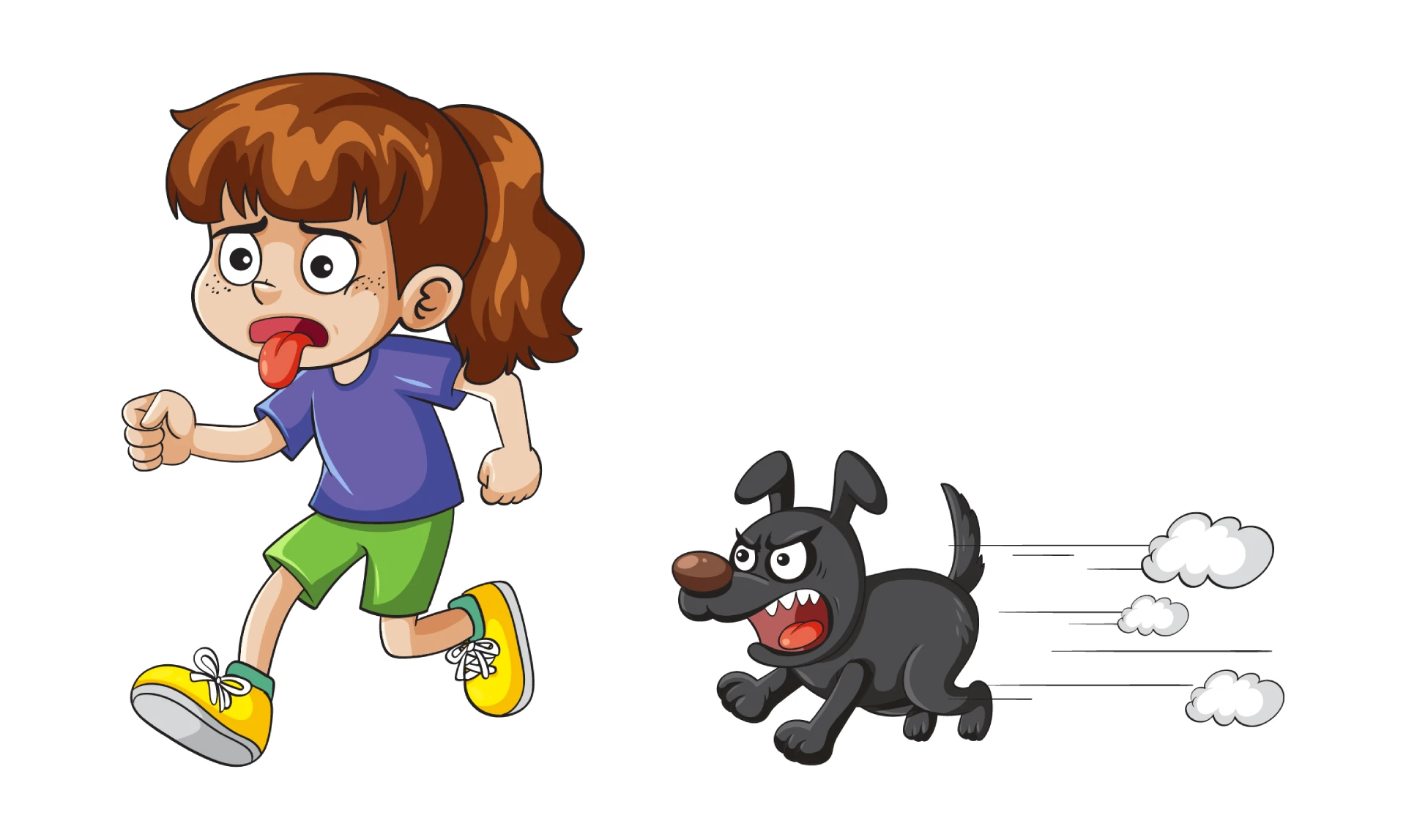
Animal bites are one of those health problems that most people think they won't experience, but they happen much more often than you might think. From pets like dogs and cats to wild animals like bats, raccoons, and snakes, bites can range from a minor scratch to a serious, life-threatening wound.
Besides immediate pain, bites can introduce bacteria, cause infections, and in some cases transmit deadly diseases such as rabies or tetanus.
It's important to understand the risks, know what to do immediately after being bitten, and know preventative strategies to protect yourself and your family.
What Are Animal Bites and Why They Matter
Animal bites occur when an animal's teeth or claws pierce the skin, and the severity of the wound often depends on the type of animal, the size of the bite, and the circumstances under which it occurred.
Pets like dogs, cats, hamsters, and even turtles are responsible for the majority of bites, while farm animals and wild animals can also cause injuries. While a minor scratch may seem harmless, deeper punctures can allow bacteria to enter the body and lead to infections that are more difficult to treat.
Children are particularly susceptible to bites, especially on the face, hands or arms, because they are smaller and more likely to trigger an animal's reaction through curiosity or play.
Adults are also at risk, especially the elderly and those working in agriculture, veterinary medicine, or outdoor environments where contact with animals is more frequent. Understanding the type of animal is crucial, as the risk of infection, rabies, or other diseases varies significantly.
Reta Support Formula 20 (GLP-1 + GIP + GCGR)
3 x RETA 20mg PACK
Tesofensine Supplements (Weight Loss/Neurotransmission)
WHO Perspective on Animal Bites
The World Health Organization (WHO) recognizes animal bites as a significant global health problem, particularly due to their association with rabies and snakebite. According to WHO data:
- About 5 million people are bitten by snakes each year, with about 90,000 deaths and hundreds of thousands suffering permanent disabilities.
- Dog bites are the most common problem, and rabid dogs account for most of the 59,000 rabies-related deaths per year.
- Bats, cats, monkeys and other animals can also carry rabies, often without leaving visible traces, making them especially dangerous.
WHO emphasizes that quick medical help is crucial for anyone bitten by an animal, especially in regions where rabies is present. Communities are encouraged to educate families about preventative strategies, and governments must ensure the availability of vaccines and antitetanus serum. The organization also emphasizes that first aid, early medical evaluation, and prompt preventative measures after exposure can save lives.
What We Know About Animal Bites in Poland
Animal bites are not only a global problem, but also a local one. 15-year study in Poland (2006–2020) sheds light on dog bite patterns across the country. According to the study, there were 4,145 hospitalizations for dog bites over a 15-year period, which represents only a fraction of the actual cases, as many bites are treated at home or in outpatient clinics. Interestingly, 42% of these hospitalizations occurred in 2020, when families spent more time at home with their pets during the COVID-19 lockdown.
Children aged 0–9 years were most frequently bitten, particularly boys living in rural areas. Among adults, hospitalizations decreased with increasing age for men, but older women, especially those over 60 years of age in rural areas, showed an increasing trend in bite-related hospitalizations. This study highlights that bites are a complex public health problem influenced by demographic factors, geography, and human-animal interactions.
The results from Poland confirm that while hospital data are useful, the actual incidence of animal bites is likely much higher. This also highlights the need for preventative programs, public awareness campaigns, and better medical support for those at risk.
First Aid for Animal Bites: What You Should Do
When a bite occurs, prompt and appropriate first aid can make a huge difference. Immediate action helps prevent infection, reduces complications, and may even save lives.
The initial steps are simple:
- Wash the wound thoroughly with soap and running water for at least 15 minutes. This helps remove bacteria that could cause infection.
- Apply antibiotic cream or ointment to prevent bacteria from growing.
- Cover the bite with a clean dressing to protect it from dirt and further injury.
While these steps are sufficient for minor scrapes or superficial wounds, some situations require immediate medical attention. You should consult a doctor if:
- The wound is deep, serious, or bleeding heavily. Applying firm pressure with a clean cloth or dressing may help stop the bleeding while you seek medical attention.
- There are signs of infection, such as swelling, redness, pus, or increasing pain.
- You're not sure if the animal had rabies. Bats, raccoons, and stray dogs are particularly risky because rabies can be transmitted without a noticeable bite.
- You have not had a tetanus booster in the last five years and the wound is dirty or deep.
In a hospital or clinic, treatment may include rabies vaccines, a tetanus booster, or antibiotics to prevent infection. Serious wounds may also require stitches or surgery, depending on the extent of tissue damage.
Reta Support Formula 20 (GLP-1 + GIP + GCGR)
3 x RETA 20mg PACK
Tesofensine Supplements (Weight Loss/Neurotransmission)
Typical Symptoms and Complications
Even after first aid is provided, it's important to monitor for signs of deterioration. Common complications include:
- Infections: Redness, swelling, warmth and pus around the wound.
- Symptoms of rabies: Muscle spasms, difficulty swallowing, and neurological changes in untreated cases.
- Tetanus: Muscle stiffness and spasms if a person's vaccination is out of date.
- Permanent tissue damage or scarring in severe bites.
Fast treatment significantly reduces risk of these complications, so a medical evaluation is always recommended after a bite, regardless of its size.
How to Reduce Risk: Prevention
The good news is that most animal bites can be prevented with awareness and a few simple precautions. Here are some effective strategies:
- Educate children: Teach children to be safe around pets and unfamiliar animals. Avoid rough play that could result in bites.
- Vaccinate your pets: Vaccinate your pets regularly against rabies and other infectious diseases.
- Avoid contact with wild or stray animals: Especially in areas where rabies or other infections are common.
- Wear protective clothing: In environments exposed to snakes or insects, boots, gloves, and long pants reduce the risk of bites.
- Supervise small children around dogs and cats. Even familiar animals can bite when frightened or irritated.
Using these measures can significantly reduce the risk of serious injury, infection or long-term complications.
Animal Bite FAQ
What is the most common type of animal bite?
Dogs are responsible for the majority of animal bites worldwide, followed by cats.
Are cat bites dangerous?
Yes, cat bites tend to be deep punctures that can trap bacteria, making infections more likely than with dog bites.
What should I do if a bat bites me?
Seek medical attention immediately. Bats are common carriers of rabies, and the virus can be transmitted even without a visible bite.
Do all animal bites require a rabies vaccine?
Not always. Treatment for rabies depends on the type of animal, vaccination status, and local prevalence. Consult your doctor.
Can animal bites be prevented?
Yes. Responsible pet ownership, vaccinations, educating children, and avoiding wild or stray animals are the most effective preventative measures.
Summary
Animal bites aren't just minor injuries; they pose a real risk of infection, disease, and long-term health problems. The WHO emphasizes the importance of prompt medical attention, prevention, and education, while research in Poland shows which groups are most at risk. First aid, prompt medical care, and awareness of potential threats can significantly reduce the severity of the effects.
By understanding the risks, acting quickly if bitten, and using preventative strategies, you can protect yourself and your loved ones from the dangers of animal bites.
Reta Support Formula 20 (GLP-1 + GIP + GCGR)
3 x RETA 20mg PACK
Tesofensine Supplements (Weight Loss/Neurotransmission)
Having Trouble Losing Weight Despite Diet and Exercise?
Many people struggle with stubborn fat that refuses to disappear, even with a strict diet and intense exercise. This is often caused by a slow metabolism, hormonal imbalances, or difficulty burning fat effectively.
So what is the solution?
Weight loss peptides offer a modern, research-backed approach. These peptides help boost metabolism, regulate appetite, and naturally support fat burning. By addressing the root causes of weight gain, peptides can accelerate the weight loss process safely and effectively.
IN PepEurope Ltd We offer high-quality, scientifically formulated weight-loss peptides that help you reach your fitness goals faster and maintain a healthy, balanced weight. Remember, peptides should only be used for research purposes, not for consumption.


